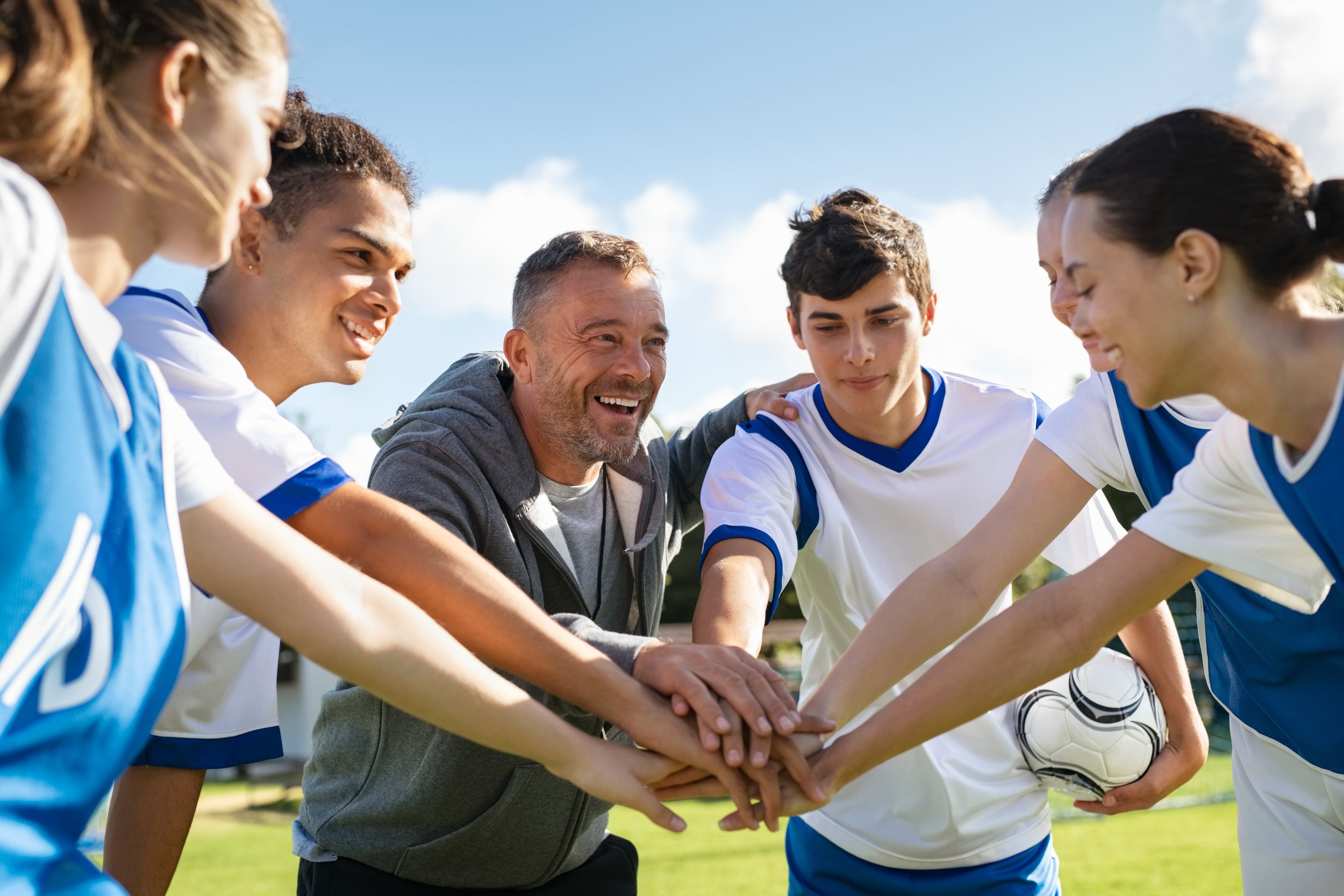
Sports Psychology
Sports psychology is a branch of psychology that focuses on the mental and emotional aspects of sports. It helps athletes perform at their best by addressing issues such as performance anxiety, imposter syndrome, motivational issues, lack of ambition, poor focus and more. Sports psychologists study how external factors affect athletic performance and they also work with individual athletes and teams to help them achieve peak performance through mental training.
What Is Sports Psychology?
Sports psychologists use a combination of scientific methods and psychological theory to help athletes achieve their goals. By observing and interacting with athletes, they get a better understanding of the challenges they face during competition and how those challenges affect their performance and that of the team. They then use these observations to develop individualized plans that help athletes achieve their goals, improve their performance under pressure, combat doubt, and reduce performance anxiety.
How Can Sports Psychology Help?
Sports psychology can help athletes improve their confidence, reduce stress, regulate their emotions, overcome performance anxiety, improve communication skills with teammates or coaches, increase motivation, and sharpen concentration by focusing on what's important at any given moment. Sports psychologists use many different approaches to help athletes achieve these goals. Some methods include relaxation training and visualization exercises to help athletes relax before competition; biofeedback training to help athletes learn how to control their breathing, heart rate and muscle tension; cognitive behavioral therapy (CBT) to teach athletes how to change negative thinking patterns; and motivational interviewing (MI) which helps athletes identify personal goals so they can stay motivated towards achieving those goals.
-

Improve Focus
Counselling can help you improve your ability to concentrate and stay focused, so that you can focus on the task at hand without being distracted by extraneous thoughts or external factors.
-

Imposter Syndrome
Sports psychology can help athletes understand imposter syndrome and help them manage it effectively so they can achieve their full potential as athletes, coaches, and competitors.
-

Get Organized
A sports psychologist can help athletes get more organized by helping them develop a routine, set up good habits, plan their days and learn how to manage their time effectively.
-

Performance Anxiety
We can help you manage performance anxiety by creating a safe space to identify what triggers your feelings of anxiety and giving you the tools needed to cope with them.
-

Stress Management
Get help managing your stress so that your performance remains consistent and nothing gets in the way of your success while also prioritizing your personal wellbeing.
-

Increasing Productivity
Learn how to prioritize your tasks, manage distractions more effectively, and use your time constructively to maximize your performance.
-

Goal Setting
Create a path to success by learning how to set goals, stay on track and break your plan down into smaller steps, so that you can make sure you're on the right track.
-

Procrastination
Reduce your need to procrastinate by learning how to better prioritize tasks, manage your time effectively, set up a routine and increase self-discipline.
-

Managing Expectations
Manage the expectations you places on yourself as well as those placed on you by others such as coaches, team members, family, and friends.
Team Building
Team building is a crucial part of the development process for any athletic team. By understanding the needs of the team, sports psychologists can help the coaches and athletes understand what is needed to improve performance. This could include helping them learn how to work better with each other, how to communicate more effectively, or how to manage their emotions when they are under pressure.
Team building will help your team become more cohesive and efficient as a group, which will make it easier for them to perform better as individuals. It can also help them develop new skills that will benefit them outside of sport.
Rehabilitation After Injury
Another important focus of sports psychology is on helping athletes recover and return to their sport after an injury. When an athlete suffers a sports injury, they may experience emotional reactions in addition to physical injury, which can include feelings of anger, frustration, hopelessness, and fear.
Sports psychologists work with these athletes to help them mentally cope with the recovery process and to restore their confidence once they are ready to return to their sport. The psychologist will also help the athlete develop techniques for preventing injuries in the future by analyzing potential causes for previous injuries and working with the athlete on changing habits that may have contributed to them.



